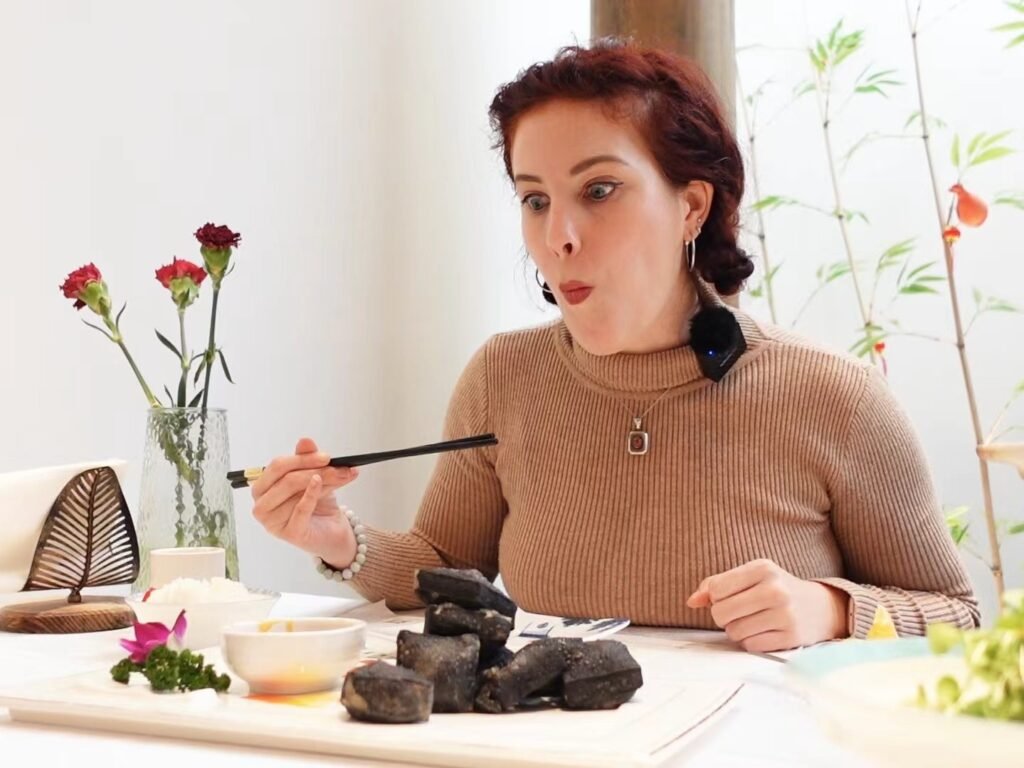
‘Vegan In China’ Alex Ogden on Being a Plant-Based Influencer
Canada-native Alex Ogden – or Vegan in China as she is known on social media – is bringing plant-based diets to the fore in the Middle Kingdom by helping foreigners learn about a variety of vegan dishes at traditional Chinese restaurants and street stalls.
Her goal since launching her own vegan-centric consultancy company has been to share just how deliciously diverse a vegan diet can be, without any dietary, social, or economic sacrifices.

After garnering quite the following across YouTube, Instagram, Bilibili, WeChat Channels, Xiahongshu, and Douyin, Ogden has shown just how much interest there is in tasty vegan options across the region.
We caught up with her to learn how her vegan (and China) journey began, what it’s been like becoming a vegan cuisine influencer, and how switching to a plant-based diet can be both an achievable and beneficial lifestyle for so many.
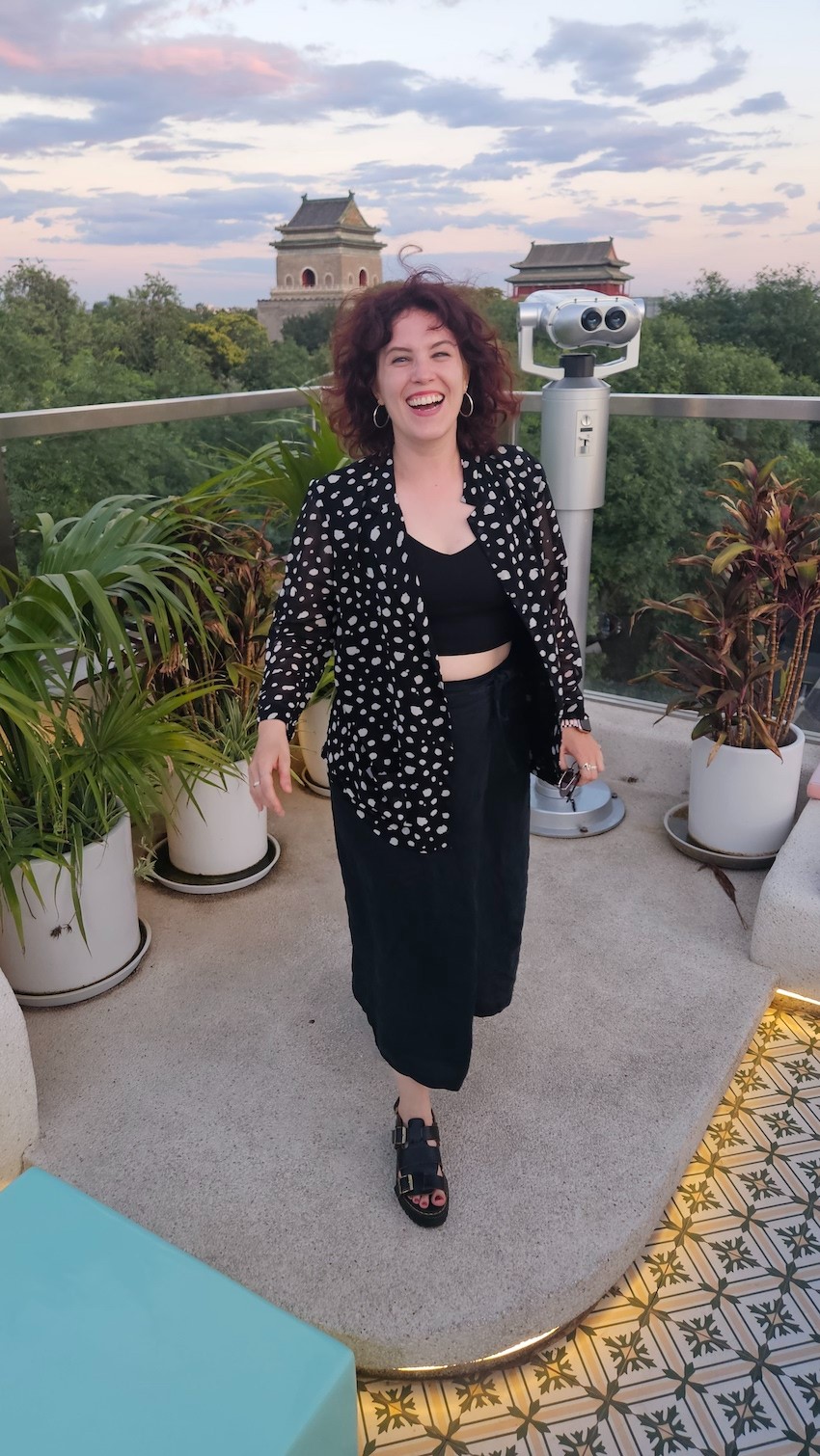
What is your background and how did you end up in China?
I’m originally from Vancouver, Canada, but have lived abroad most of my adult life. After graduating from the University of Ottawa with a degree in International Studies, I moved to Spain where I lived for five years teaching English.
The school where I was working one year reduced my hours, so when I was looking at how I could make up the difference, I found an opportunity teaching kids in China online.
A couple contracts in, that same company offered me a position to work at the Head Office in Beijing, and I couldn’t resist a new adventure!
I ultimately spent five years working for edtech companies in Beijing. Finally, in July 2023, I quit to pursue my dream – opening up my vegan hospitality consultancy, Modern Vegan 摩登素食, to help expand the plant-based choices available in restaurants around China.

Tell us about your vegan journey…
I’ve definitely said many times in my life that I could never be vegan, and, to be honest, it was never really my intention.
Back in 2010, my friend who had a gluten intolerance invited me to a vegetarian restaurant in Ottawa because, at the time, that was the only type of place that took care to label their menus for allergens.
I wasn’t excited to go, but I went along with it anyway; what I wasn’t expecting was to absolutely love the food.
I was so astonished with the creativity of the dishes. Traditional Western food always prioritizes the animal protein, and vegetables are often an afterthought or part of the sauce to compliment the meat. But this meal centered on the vegetables entirely.
Not only were the flavors incredible, but I also left that meal completely satiated and curious to learn how to replicate these techniques and flavors into my own cooking.
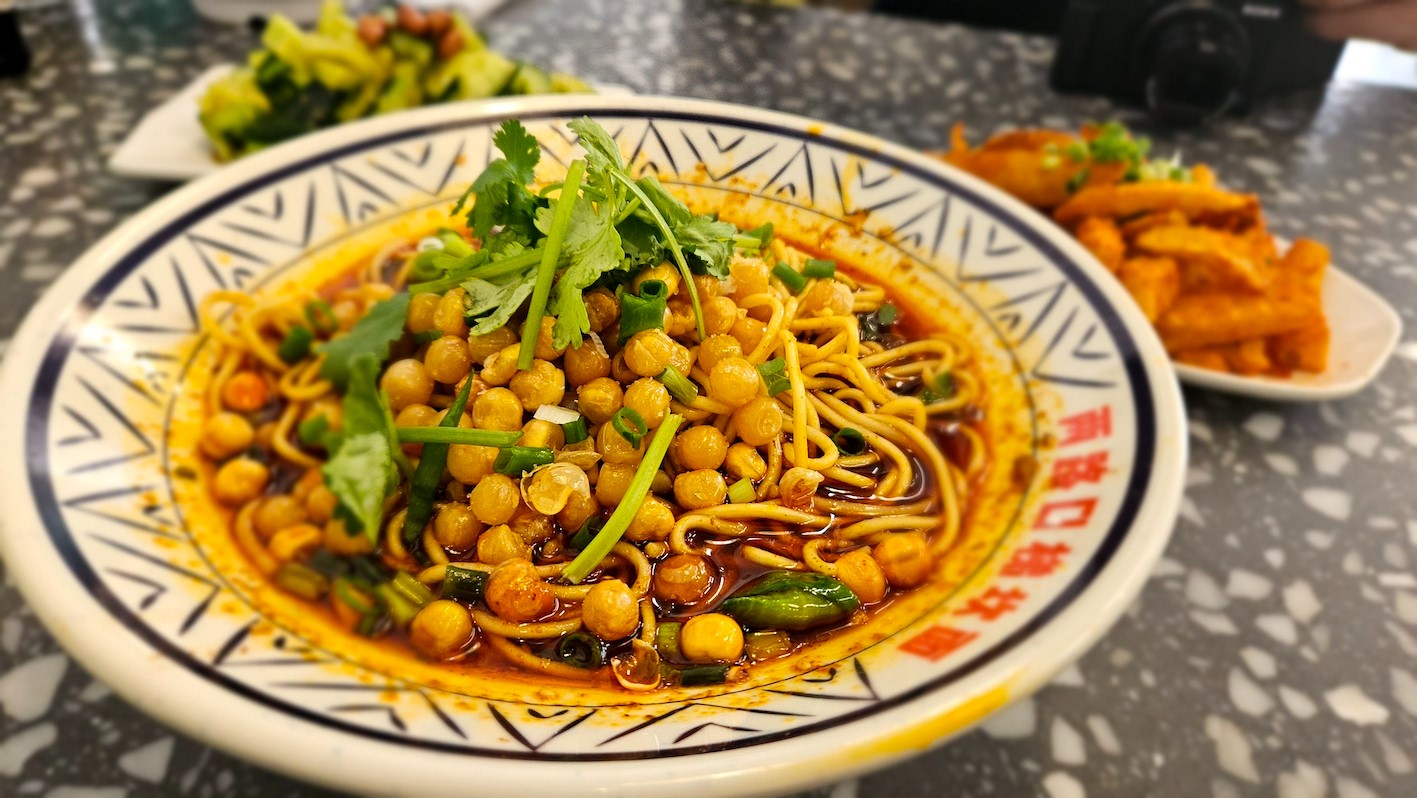
I started by setting myself the challenge to be ‘flexitarian,’ which, for me, meant purchasing enough meat for a maximum of three meals per week, and preparing everything else plant-based.
The social part was also difficult, so I continued to eat whatever I wanted when out with friends or at holidays/gatherings.
Gradually, I started actually having a preference towards plant-based dishes and stopped purchasing meat for cooking at home.
While I was learning new recipes and a whole new culinary skillset, I started to reflect more seriously on my values; I knew that a plant-based diet was kinder to the planet and the animals, and now that I knew I could achieve full foodie satisfaction with just plants, it seemed increasingly hypocritical to continue eating animals and animal products.
The only reason left was to appease others. So I started eliminating the animal products from what I was eating with friends – first meat, then fish, then eggs – until a few days before New Year’s Eve, I ‘came out’ to my friends that I planned to go fully vegan in 2019.
Much to my surprise, they were very supportive and admitted they ‘saw it coming.’ We celebrated with a giant cheese platter to ring in the New Year, and I’ve been vegan ever since.
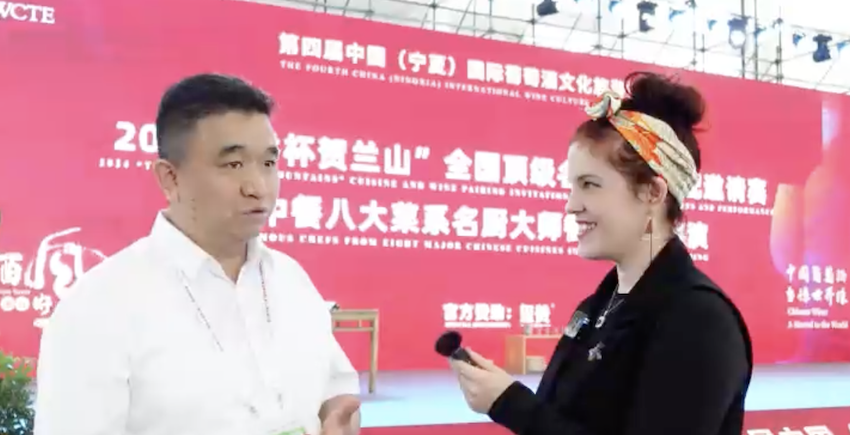
What drives your passion as an advocate for the vegan lifestyle?
The food – it’s so good!
I also believe that most people do want to be kinder to the planet and the animals, but, like me 10 years ago, think that to do so means to sacrifice so much.
I want to show what’s possible with plant-based food so people feel like they can make the sustainable/more compassionate choice, even if it’s just for one meal.

What is most attractive about being vegan?
People often think of all of the food you ‘give up’ when going vegan, but actually my diet has definitely become more interesting, diverse, colorful and experimental.
When you think about it, most of us eat the same four or five animals, but there are just so many more plants, mushrooms and legumes out there!
The problem is that diversity isn’t on display at most Western restaurants, which is why I use social media to show off China’s incredible vegan-friendly dishes and have my consultancy to help chefs understand how to get creative with plants.

How did you first get involved in social media, and how have you continued to expand your presence?
When I first arrived in China, I made the kindest Chinese friends who, despite me being vegan, really wanted me to experience authentic local cuisine at their favorite restaurants; they would take such care to explain the different ingredients I needed to avoid and how to veganize various dishes.
To be able to remember it all, I started my Instagram account, @veganinchina, as a way to record what I was eating. I was actually shocked that the username was even available, it seemed too obvious.
Little did I know, I had discovered a niche that nobody else was tapping into and building a unique skillset (helping foreigners find vegan food at traditional Chinese restaurants); little by little, I’ve created a really loyal following of both vegans and general foodies.
In February of this year, with the help of my amazing partner, I found the courage to also post on Chinese social media.
The approach is a bit different, which you can even tell by the name 爱吃草的阿莲 (which translates to ‘A Lian – my Chinese name – loves eating grass’).
Chinese people don’t seek out vegan food the same way Westerners do. Plus, to foreigners, I could be considered an ‘expert’ to learn from, but I certainly am not a Chinese food expert in the eyes of my Chinese audience.
Instead, my persona is more about being a foreigner foodie exploring China. It just so happens that everything I eat is plant-based.
Actually, it took several months of posting before the audience started to catch on that I was vegan, but by then they were invested and intrigued.

What is the key message you hope to convey to your followers?
Good food is good food. Meat lovers shouldn’t turn their nose up at vegan food, and vegans shouldn’t have to sacrifice taste for the sake of their ethical choices.
I also think everyone deserves a seat at the table, which is why I like to focus on eating vegan at traditional restaurants. So many times I’ve had to turn down brunch invites because there wasn’t anything for me to eat. We should all be able to enjoy food experiences, no matter our preferences.

You focus less on ‘vegan for health’ and more on ‘vegan food is equally diverse and delicious.’ How has this approach helped and challenged you?
As much as I’d like to think of myself as a ‘good person’ for not eating animals, I’m a foodie first.
If I hadn’t learned how to prepare meals without animal products that tasted as good as (and many times better than) their animal equivalents, I probably would never have gone vegan.
And while there are many health benefits to being vegan (reducing risk of cancer, lowering cholesterol and blood pressure, clearer skin, etc.) that’s never really been a motivator for me.
While I’m not a nutritionist, I think you can probably be healthy or unhealthy on either a vegan or omnivorous diet; if I want to encourage more people to be vegan (or at least give plant-based meals a go), I need to show people the lifestyle.
Food is so much more than just a meal. It connects us to memories, people, culture, and experiences. If we only focus on veganism from a health perspective, it ignores other important aspects of a person’s lifestyle, and they’ll likely abandon it like any other fad diet.
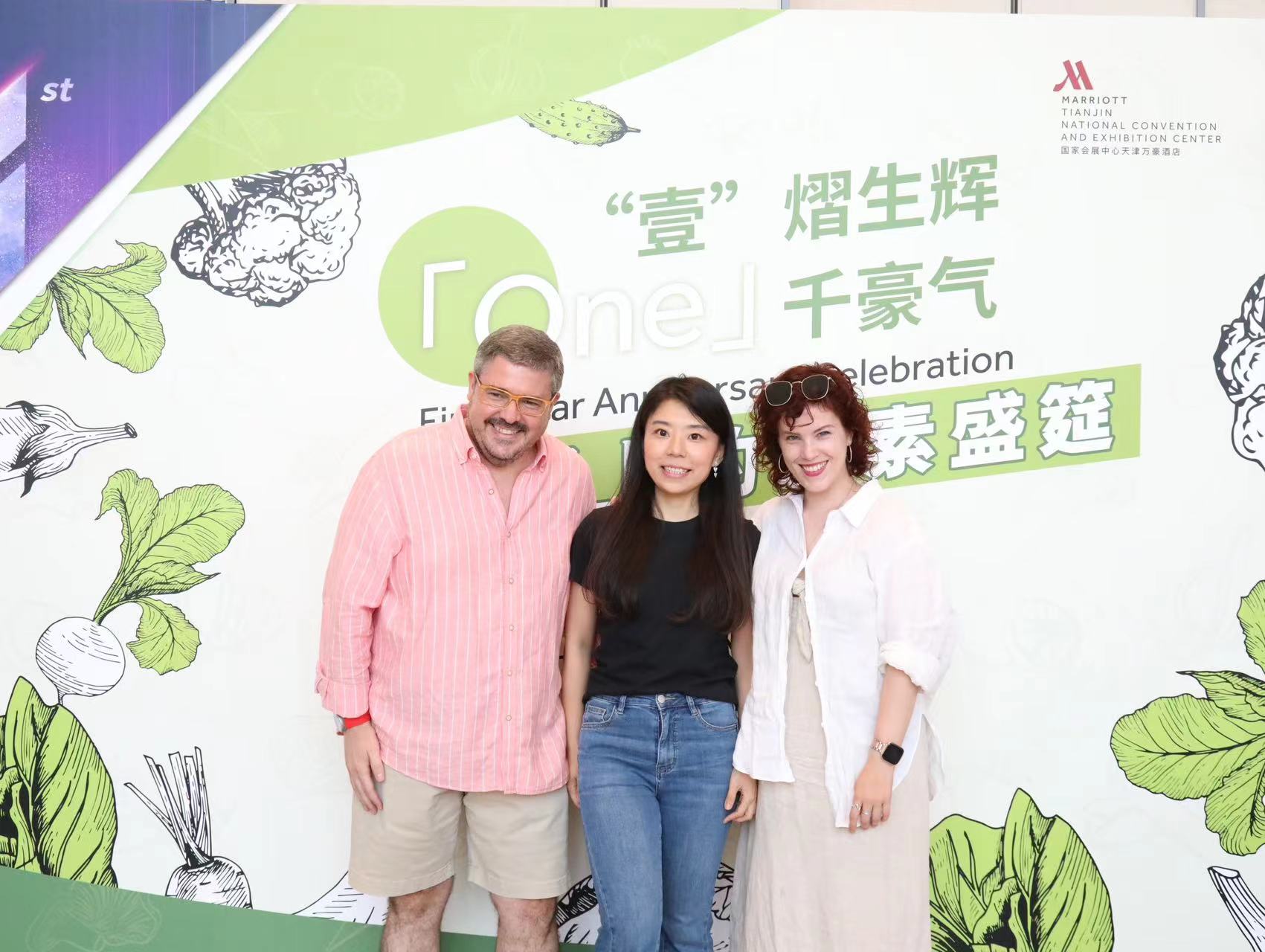
What does a typical day look like in terms of content creation? How do you balance it with other work/hobbies?
I am both a full-time content creator and business owner, so there isn’t really a typical day.
Out of the month, I will take five-day trip to somewhere in China and batch film content for social media.
The rest of the month I am back in Beijing, editing videos, meeting clients, attending events/networking, recipe developing, and catching up on admin.
I haven’t found balance quite yet. Most days I feel like I’m playing catch-up and putting out fires, but I’m starting to see the benefits of the hustle paying off.
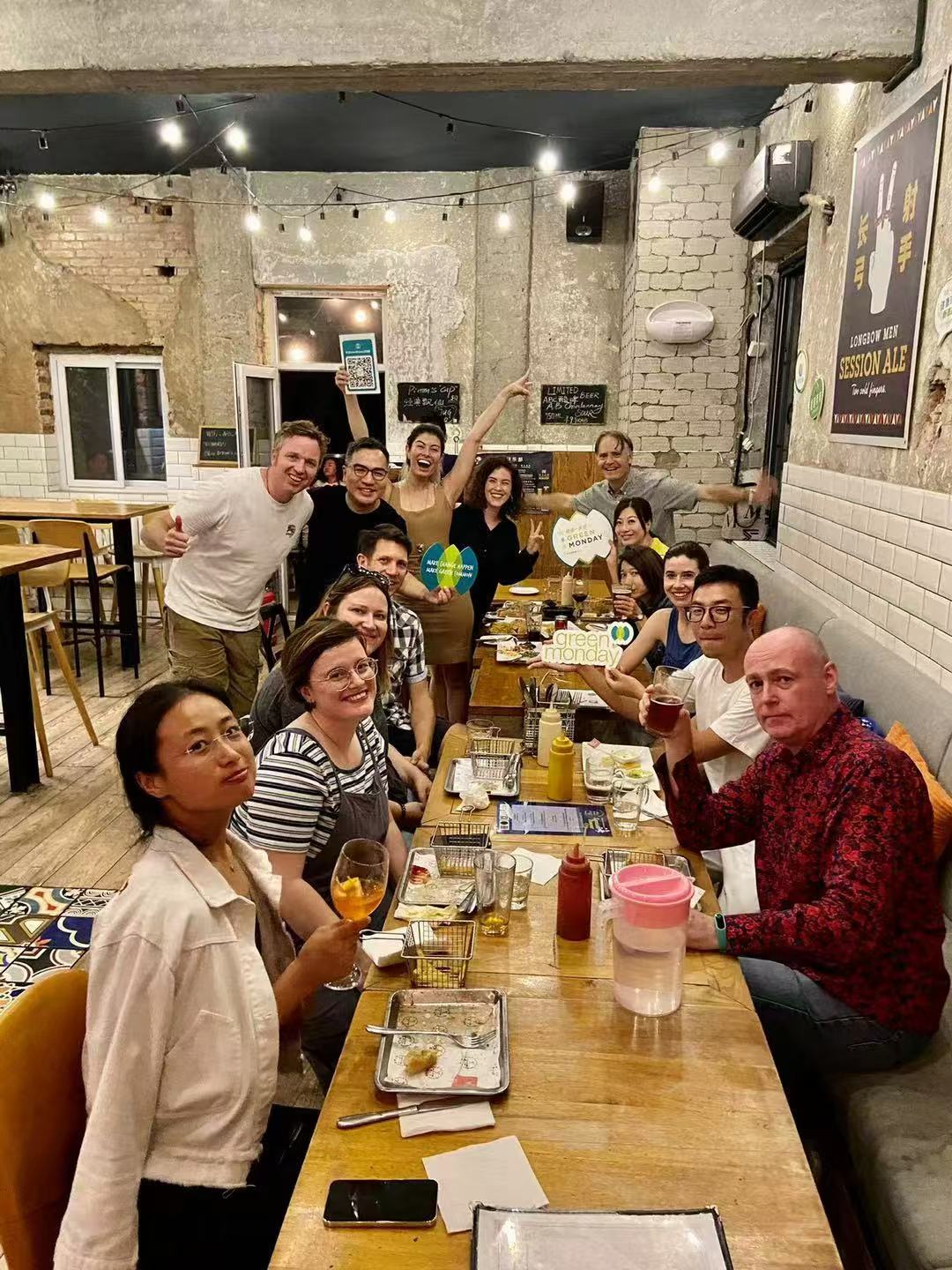
In terms of hobbies, I’m guilty of combining work with pleasure. Since I’m still in the building stage of business and social media, I think it’s out of necessity since I don’t have a monthly salary I can count on like when I worked in tech.
So my creative hobby outlet is recipe developing, and my social engagements often involve hosting a vegan event or meet-up for my community.

What is it like to work as a foreign KOL in China’s nascent vegan-centric space?
It’s exciting, fun, but also hard. Since I am self-employed and not working with an MCN (KOL agency), it takes time to build a following and network organically that can result in paid work opportunities.
Because of the content I create being vegan-focused, it gives me a unique niche with lots of potential, but I do need to reject many offers that don’t quite align with my brand as compared to general lifestyle or food content creators.
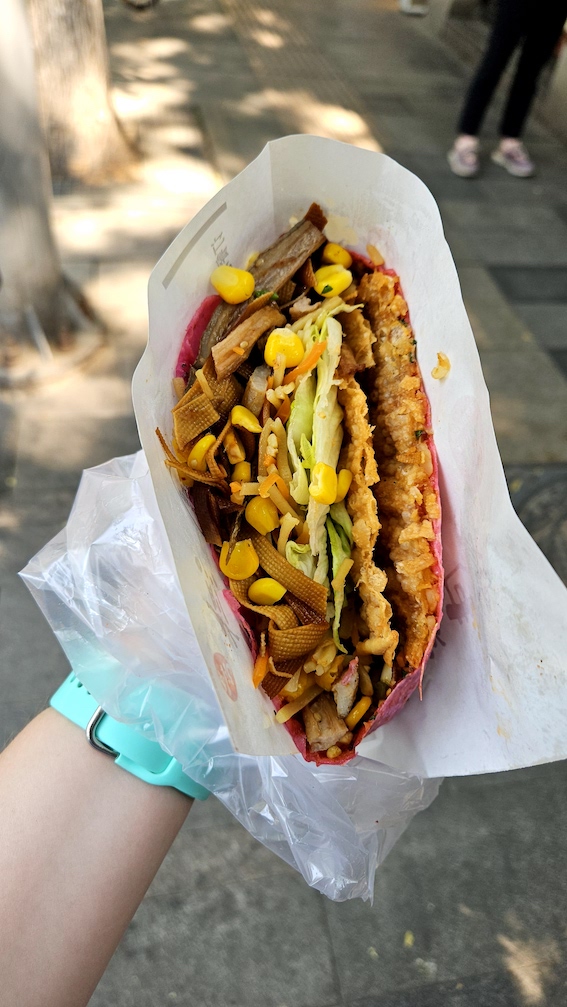
What is the biggest misconception about being vegan (in China) that you would like to dispel?
That it’s ‘impossible’ to be vegan in China!
So many people say that you can’t be vegan in China because vegetables are cooked with lard, chicken essence is added to everything, and ground meat is treated as a garnish.
Not only does China have so many vegetarian restaurants (many of which are actually vegan or have lots of vegan options), but typical Chinese cuisine is extremely plant-forward and easy to veganize.
Even in small villages, most Chinese meals consist of stir-fries, noodles, and rice dishes that are made-to-order, so you can easily omit the animal ingredients.
Almost all seasoning – soy sauce, vinegar, chilli, fermented bean sauces, etc. – are vegan-friendly, so you aren’t going to lose out on flavor.
Even after five years in China, I am still discovering new dishes, vegetables and forms of tofu, so there’s really no way to get bored.
What forms of media do you mostly post content on and why?
I post one long-form video once per week on Youtube, WeChat and Bilibili, and short form videos two to three times per week on Instagram, Douyin and XHS.
I think Instagram is my favorite platform because the community is super interactive and we can relate to each other the most.

What opportunities/benefits has your growing social media presence afforded you?
Since focusing on social media and treating it as a full-time job this year, I’m finally starting to reap some of the benefits.
I’ve been invited on paid press tours, including a visit to the wineries in Yinchuan, Ningxia with Xinhua News Agency, as well as been a guest on a CCTV live broadcast talking about plant-based athletes at the Olympic Games in Paris.
It’s also been very helpful for my vegan hospitality consultancy, with hotels and restaurants reaching out to me to work with them on improving their vegan menus.
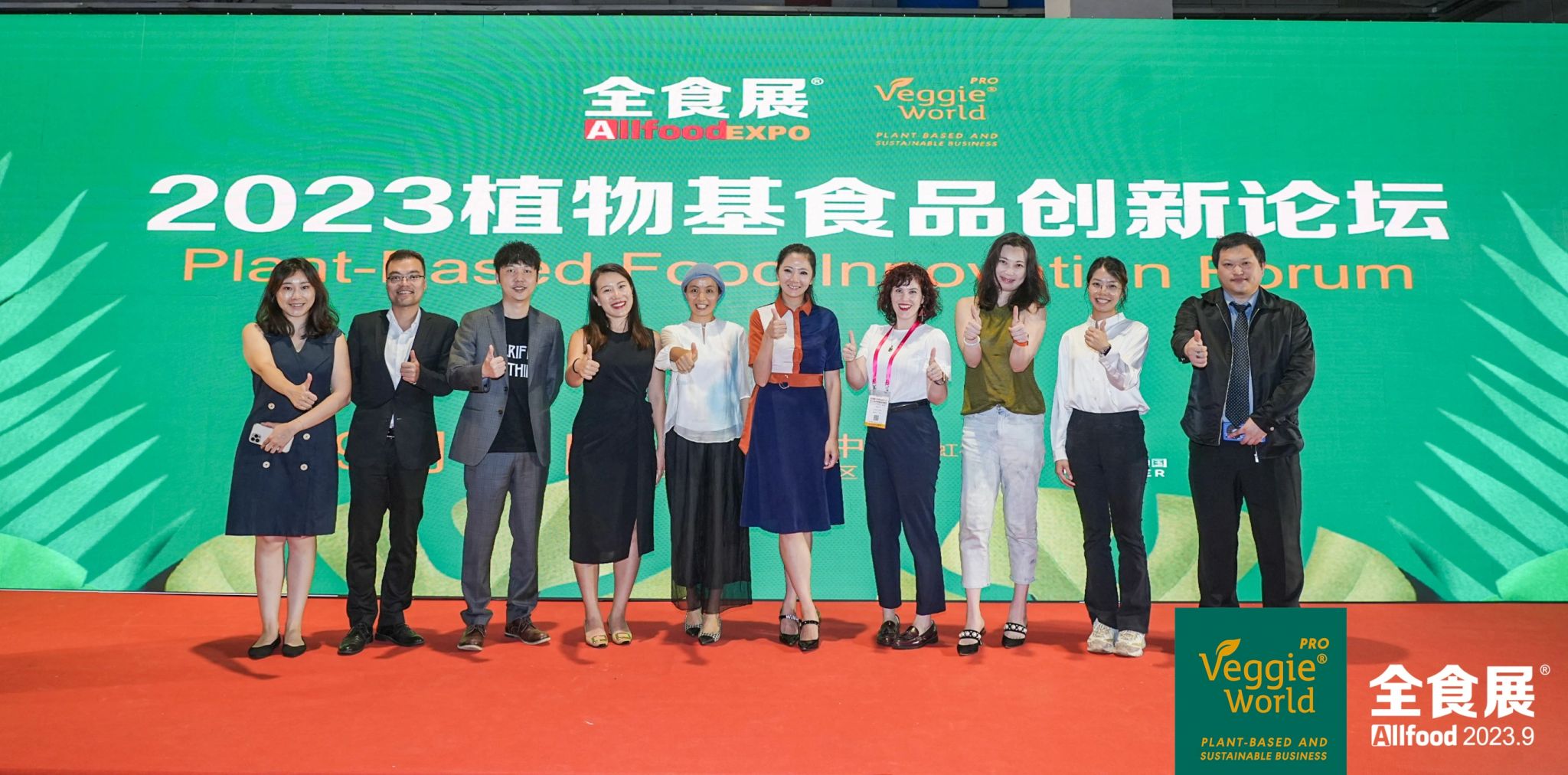
What advice do you have to fellow content creators who are just starting out?
Make sure that you enjoy creating content in the first place if you want to pursue this path. A lot of unpaid hours go into building a following, and if you don’t enjoy it, there’s little motivation to keep it up.
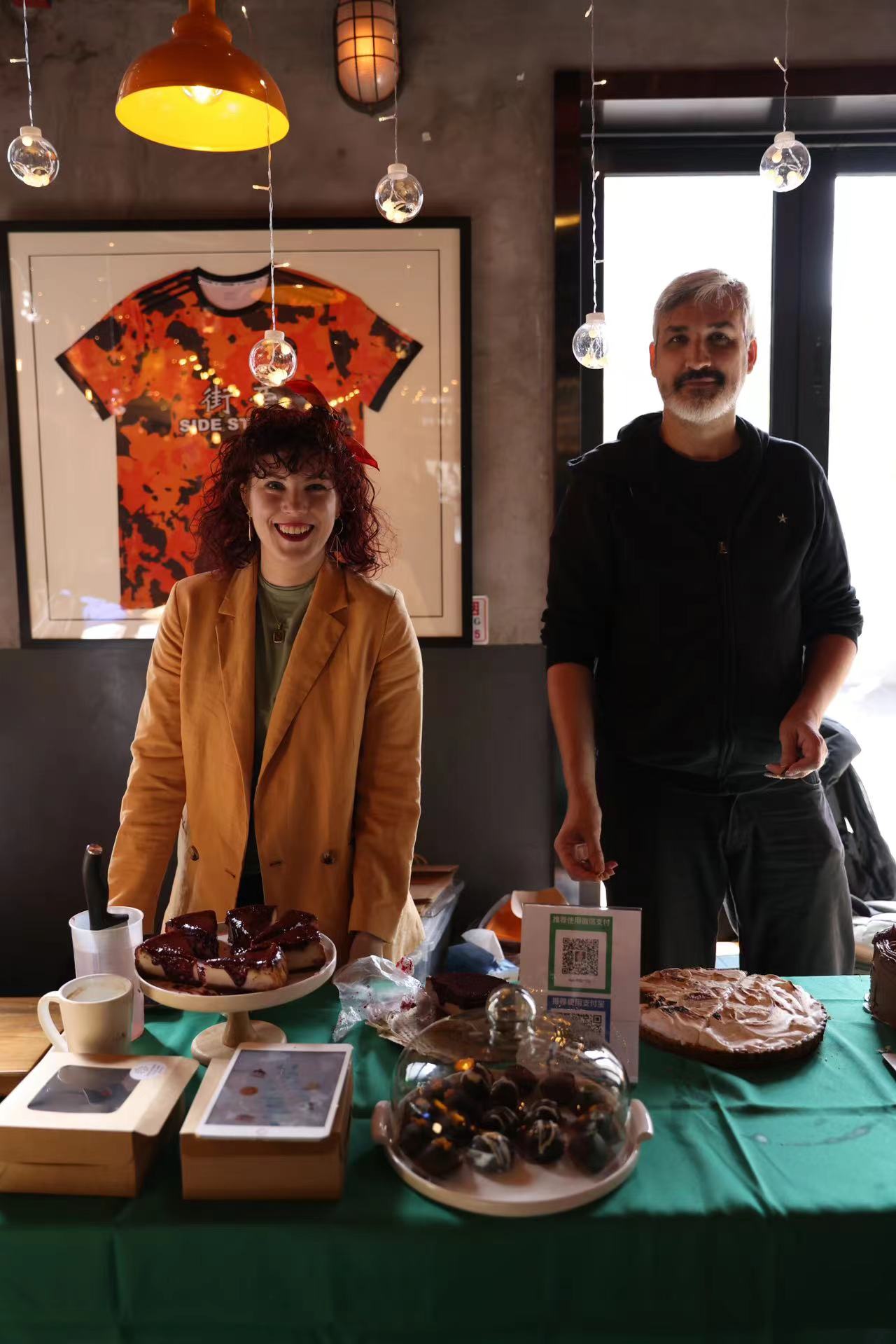
Where do you see the future of the vegan industry going in China?
I am very optimistic about the future of the vegan industry in China; while meat intake is on the rise in China, according to research, almost all Chinese people are willing to eat more plant-based meals when informed about the health benefits of a vegan diet.
The Chinese government has also recognized the importance of reducing meat consumption to help with national food security and reducing carbon emissions, and has shown interest in the alternative and plant-based protein industry.
Furthermore, three major hotel chains in China (Intercontinental, Huazhu Group, Dossen Hotel Group) have pledged to make their menus 30% plant-based by 2025.
How can fellow vegans in China connect with you and others in the industry to learn more about living and promoting a vegan lifestyle in China?
You can follow me on Instagram and Youtube @veganinchina or on Chinese social media platforms Bilibili, WeChat Channels, Xiahongshu, and Douyin @爱吃草的阿莲.
[All images courtesy of Alex Ogden]
Leave Your Comment